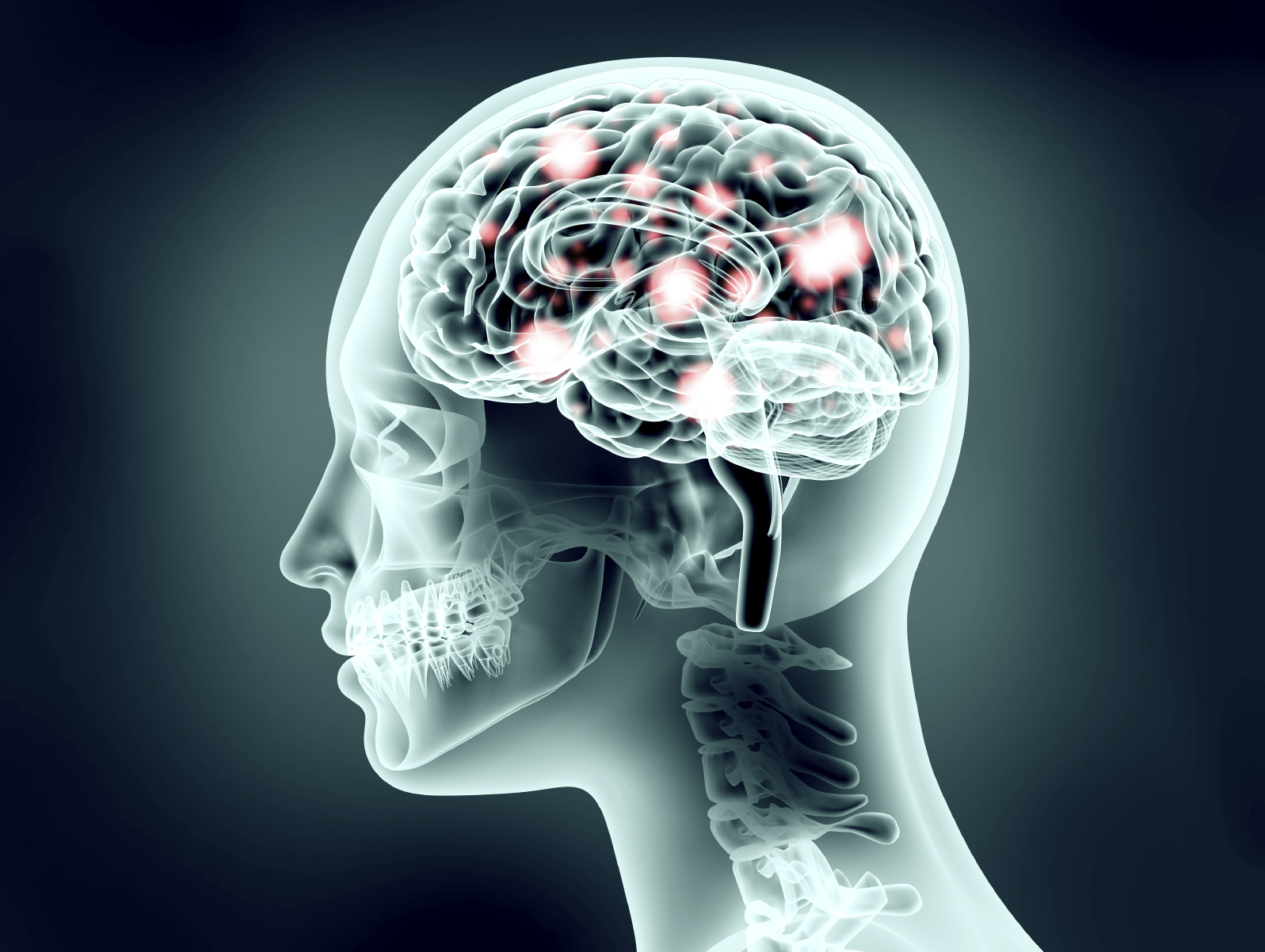Chase adds to Allergan Alzheimer’s ambitions

Allergan has announced the acquisition of Chase Pharmaceuticals and its lead candidate, a new therapy for Alzheimer's disease.
The deal was unveiled yesterday, just ahead of the hugely disappointing news that Lilly’s solanezumab had failed once again in phase 3 trials, dashing hopes of a small but significant breakthrough in treating the disease.
Allergan’s latest move is less risky, however, as Chase is focused on targeting the symptoms of dementia, rather than attempting to halt or reverse the disease, and on tweaking an existing treatment.
The new acquisition augments the company's move into Alzheimer's R&D which began in April when it signed a deal worth up to $3.3 billion with Heptares.
Allergan is acquiring Chase for a more modest $125 million upfront payment, plus additional regulatory and sales milestones relating to lead candidate CPC-201 and back up molecules.
Chase is focused on developing improved treatments for neurodegenerative disorders including Alzheimer's disease (AD).
CPC-201 is a combination of two off-patent drugs: Pfizer and Eisai’s Alzheimer’s treatment Aricept (donepezil) and solefenacin, formerly Astellas’ overactive bladder brand Vesicare.
By combining donepezil (the most commonly prescribed acetylcholinesterase inhibitor (AChEI)) peripherally acting cholinergic blocker, solifenacin, the company hopes to overcome problems with dose-limiting side-effects of donepezil.
One reason why the drug is only modestly effective is its dose-limiting side effects, which include diarrhoea, nausea and vomiting. By adding soifenacin, the company says it can increase the tolerable dose of donepezil by 400%, which could translate into significantly improved cognition and function in Alzheimer's disease patients.
In Phase 2 clinical trials, 29 out of 33 patients (88%) reached 40 mg/day of donepezil (maximum dose allowed), without experiencing dose-limiting adverse events. This median donepezil dose did not change significantly during three months of maintenance treatment.
Chase recently completed an end of Phase 2 meeting with the FDA. Based on this meeting, Allergan says it will advance CPC-201 into a single phase 3 registration study in 2017.
Slowing rates of dementia
The burden of Alzheimer's disease on patients, carers, health and social care is huge and growing. Healthcare costs associated with it and other forms of dementia are estimated at over $640 billion for North America, Western Europe and Asia-Pacific), including nursing and care costs.
However there was some encouraging news this week from the US – there is evidence that dementia rates are declining. A study published in JAMA this week found prevalence had declined by 24% between 2000 and 2012. The reason for this trend is not entirely clear, however it may be down to improved care of high blood pressure and diabetes, which are risk factors for dementia.










